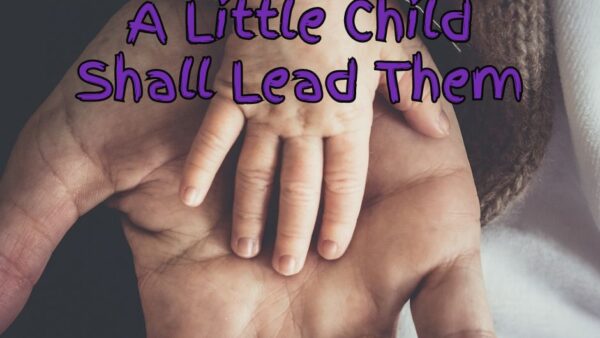“My conscience is clear, but that does not make me innocent. It is the Lord who judges me.” (1 Corinthians 4:4, New International Version)
“How does he sleep at night?” We may have said, or at least thought that about someone who, in our judgment, should be consumed by guilt over their actions or attitudes.
Perhaps we have our own experiences of sleepless nights struggling with our own guilty consciences, tossing and turning until we have confessed to God and apologized to those we may have wronged.
Hopefully, we are also familiar with the peace that comes from knowing that we have done the right thing and have experienced grace, forgiveness, and peaceful rest.
But is a good night’s sleep and a clear conscience a reliable sign that all is right within our world?
Sometimes a good night’s sleep is a sign of exhaustion and a clear conscience is a sign of … a broken conscience.
I don’t write that to cause anyone to question whether or not your conscience is functioning. The Apostle Paul did not write this verse with that intent either. He was making a point that our feelings about ourselves are not the final word. We should listen to our feelings to see what messages our bodies, emotions, and consciences are sending us.
But, it is God, not our consciences, who determines guilt or innocence. It is God, not our consciences, who forgives and gives peace. His standards for behavior, as well as His conditions for forgiveness and peace, are revealed in His written self-revelation, the Bible.
Question: What ways can you think of to allow God to use His word to adjust our consciences?
Leave a comment below. Our community would benefit from your insight.




